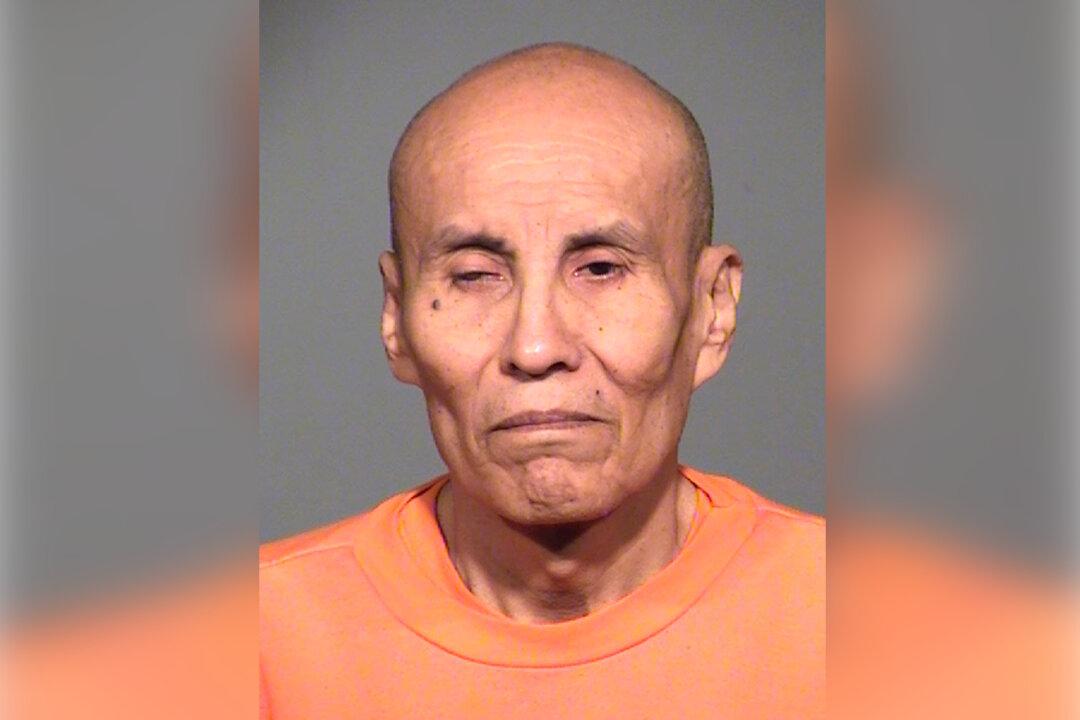PHOENIX—A federal judge on Saturday refused to halt an Arizona execution planned for Wednesday after the state provided attorneys for convicted killer Clarence Dixon with documents outlining testing done on the drug it will use, but an additional flurry of last-minute court action could still lead to a delay.
That court action is almost certain to include Dixon’s contention that the test results released late Friday showed that the sedative to be used has exceeded its expiration date. Arizona’s lawyers contend it will not expire until August.





